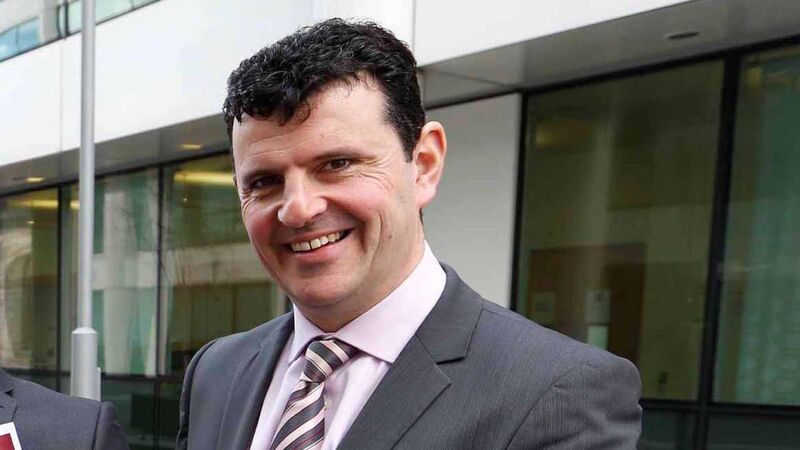ESRI casts doubt on ‘validity’ of spending rule

ESRI research professor Kieran McQuinn said more attention needs to be focused on the validity of the spending rule as opposed to requiring the Government to 'rigidly stick' to it.
Try from €1.50 / week
SUBSCRIBEThe criticism directed at the Government for breaching its 5% spending rule in the October budget is misguided in the current economic environment, the Economic and Social Research Institute (ESRI) has suggested.
The think-tank made the comments after the budgetary watchdog criticised the Government last week for overspending amid inflationary pressures.
Already a subscriber? Sign in
You have reached your article limit.
Annual €130 €80
Best value
Monthly €12€6 / month
Introductory offers for new customers. Annual billed once for first year. Renews at €130. Monthly initial discount (first 3 months) billed monthly, then €12 a month. Ts&Cs apply.
CONNECT WITH US TODAY
Be the first to know the latest news and updates
Newsletter
News and analysis on business, money and jobs from Munster and beyond by our expert team of business writers.
Newsletter
News and analysis on business, money and jobs from Munster and beyond by our expert team of business writers.
Newsletter
Keep up with stories of the day with our lunchtime news wrap and important breaking news alerts.
Newsletter
Sign up to the best reads of the week from irishexaminer.com selected just for you.
Friday, February 13, 2026 - 5:00 PM
Friday, February 13, 2026 - 5:00 PM
Friday, February 13, 2026 - 5:00 PM
© Examiner Echo Group Limited